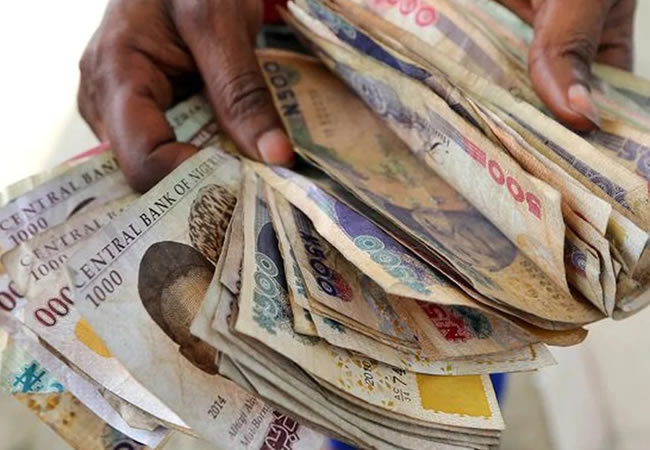The foreign exchange markets saw a mixed closing range of exchange prices as sufficient supply of the US dollar kept pace with demand. The Naira appreciated vs the US dollar, according to data from the FMDQ website. It was trading at N831.47 to the dollar in the official market, up from N881.88 per dollar.
Nigeria’s government’s increased interest in foreign borrowing caused the country’s total external reserve to drop to $33.068 billion. According to economists, the gross external reserve covers imports for a period of seven months.
Even after a significant official depreciation of the local currency in June 2023, the Naira has continued its downward trajectory. The central bank, which intends to progressively reduce the FX forward backlog, has expressed hope about better forex supplies.
In the parallel market, the Naira held steady from the previous session rate at N1,160 amidst year-end demand for import payments.
External reserve hovered around $33.2 billion amidst a slowdown in forex inflow into Nigeria, data from the central bank website shows. Nigeria has improved on oil production output and currently seeking a higher quota from OPEC and allies members for 2024.
With an increased spending plan, analysts said Nigeria must pump more oil to deliver 2024 budget plan. In the global commodity market, Brent Crude rose by 0.66% to trade at $82.22 per barrel, while the WTI Crude also increased by 0.62% to $76.88 per barrel.
All eyes are on OPEC+ as the oil group is set to meet later today to discuss output policy for 2024. Analysts said there are growing expectations that they could make deeper supply cuts, which would be in addition to the rollover of the voluntary cuts from Saudi Arabia and Russia.
Clearly, this growing expectation leaves downside risk for the market if OPEC+ disappoint. Adding to the uncertainty from the meeting is that it is still not clear if the group has been able to resolve a disagreement over Angolan and Nigerian production targets for next year.













